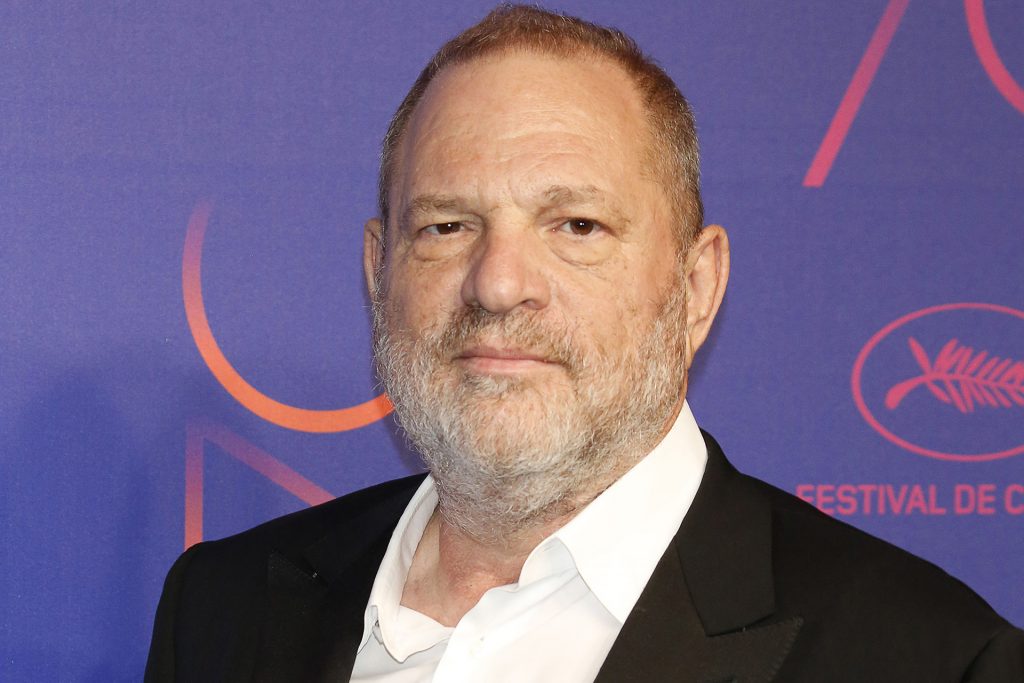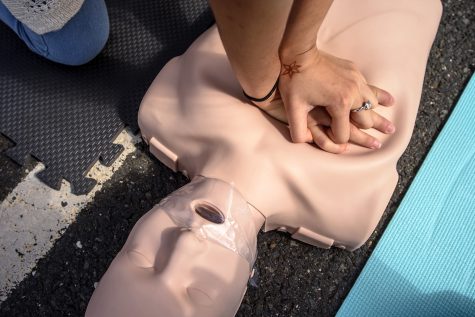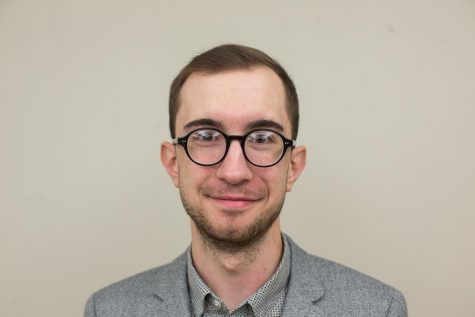Opinion: In the aftermath of Weinstein, what’s next for #MeToo?
Just because Harvey Weinstein is heading for a jail cell, the work of the #MeToo movement is not over. More remains to be done.
Harvey Weinstein at the 70th Anniversary Dinner during the 70th Cannes Film Festival at the Port Canto on May 23, 2017 in Cannes, France. (Dave Bedrosian/Future-Image/Zuma Press/TNS)
February 25, 2020
To many, the case against disgraced entertainment mogul Harvey Weinstein seemed as insurmountable as the ever-growing list of women who accused him of a decadeslong pattern of sexual assault and rape. On Monday, however, a jury found him guilty on two felony sexual-assault charges.
The verdict — which did not convict two counts of predatory sexual assault — reportedly remained deadlocked on the more serious charges well into the evening on Feb. 21. Although some of Weinstein’s accusers, which total more than 90, took to social media lambasting the ousted producer, the lasting impact remains unclear.
Many people, myself included, wonder what this “result” means for the future of the #MeToo movement, which in many ways was fronted by the accusations against Weinstein.
Directly following the conviction, Manhattan District Attorney Cy Vance praised the eight women who testified, saying they “changed the course of history in the fight against sexual violence.”
Vance went on to say it is “a new day” for victims because Weinstein has “finally been held accountable.” However, it was also Vance whose office declined to prosecute Weinstein in 2015 after allegations from Italian Model Ambra Gutierrez.
In the realm of higher education — a realm in which allegations against students, staff, and faculty members are often treated indistinctly at best — #MeToo’s legacy has yet to ply itself from high-profile cases such as Weinstein’s.
These attitudes cannot be changed by policy initiatives and wrist slaps; it requires a tectonic shift in the building blocks of a victim-blaming society.
Yet, in an article from The Chronicle of Higher Education, it seems as though sexual-assault policy is already shifting on an institutional level. The article cites examples from New York University and Cornell University. where accusations made against staff and faculty members resulted in blanket bans on faculty-student relationships.
Additionally, the #MeToo movement has pushed many institutions to expand their definitions of sexual misconduct. Are these restrictions — paired with adjustments to minutia of institutional language — enough to “curb” the staggering number of rape and sexual-assault cases on college campuses? Simply put, no.
Weinstein’s lawyer Donna Rotunno told The Daily podcast that she has never been sexually assaulted because she “would never put herself in that position.” Social-media channels such as Twitter are rife with objectionable comments. How easy is it, after all, to hide behind a screen while calling survivors “sluts”?
These attitudes cannot be changed by policy initiatives and wrist slaps; it requires a tectonic shift in the building blocks of a victim-blaming society.
Following Weinstein’s case has made for a tumultuous, exhausting experience (not to mention other accusations against celebrities such Louis C.K. and Charlie Rose). However, it is important to keep in mind that countless victims wake up every morning without notoriety attached to their cases. It is also just the beginning. There is more to come.
Although institutions are undeniably moving in the right direction, this is only the first step in a multi-faceted marathon. And for those among us who identify as men, it is up to us to be better friends and co-workers, husbands and sons.
If the building blocks of society are to shift in any meaningful fashion, that requires the building blocks themselves are not corrupted.
Columns reflect the opinions of the authors and are not necessarily those of the Editorial Board, The Daily Iowan, or other organizations in which the author may be involved.



















